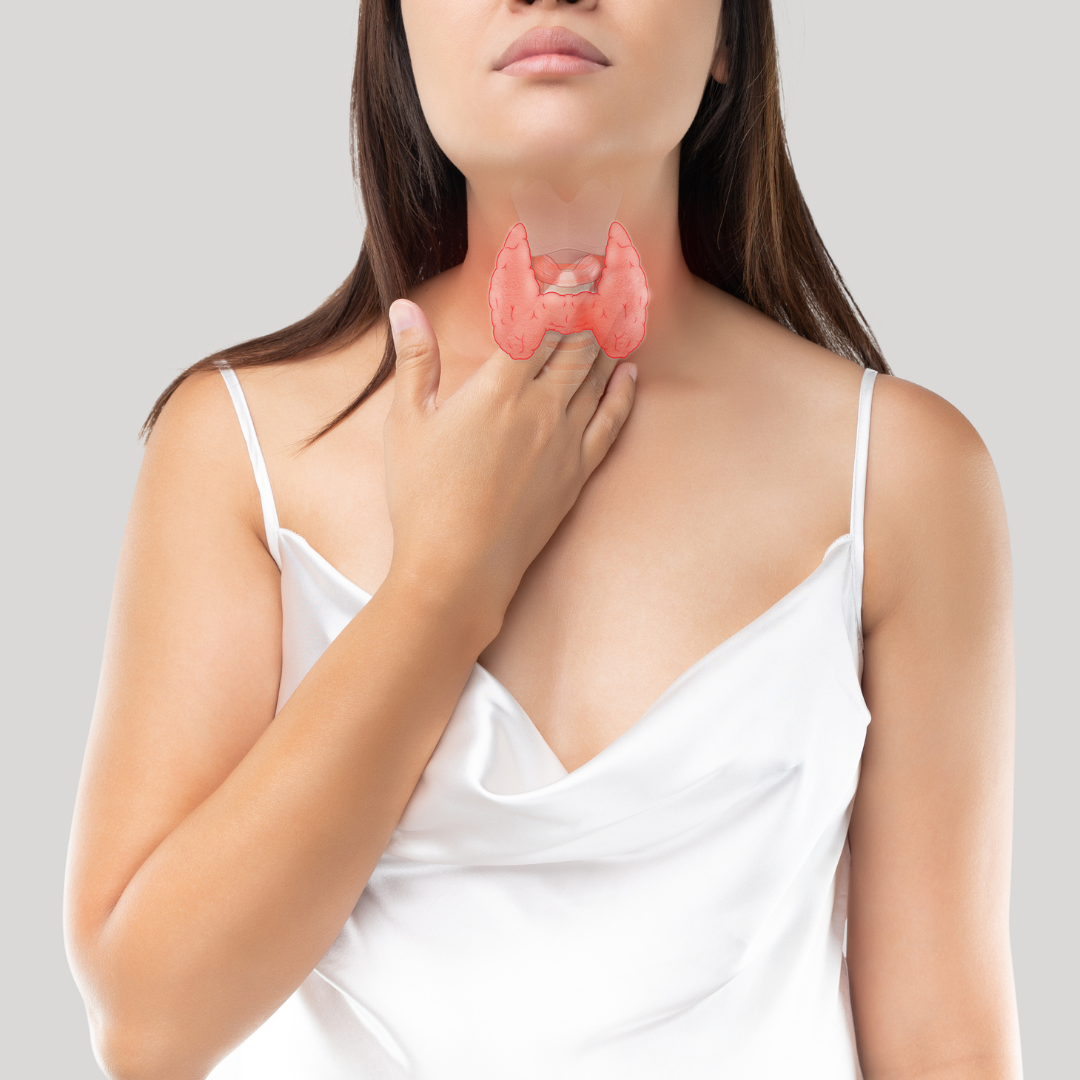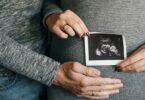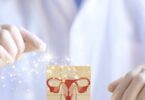What about coffee, latte macchiato or espresso if you are planning for pregnancy? Is caffeine harmful for your fertility and should you avoid it altogether?
Again and again we learn that lifestyle and diet have a great influence not only on health in general, but also on fertility. It is great that more and more couples are thinking about this point and are getting ample information. However, when it comes to the much-loved coffee, the information you find is often contradictory.
Coffee and fertility: The state of the art in brief
In this blog article, I have summarized the current state of research for you. The good news for all coffee fans first: delicious morning coffee and planning for pregnancy are not mutually exclusive. However: It’s the dose that makes the poison. While moderate coffee consumption is unproblematic, things seem to be different for excessive coffee drinkers. Also, not everyone responds the same way to the same amount of caffeine. Researchers have discovered that there are different genetic variants in important enzymes involved in caffeine metabolism, which means that people metabolize caffeine at different rates. Between 300 and 500 mg caffeine per day are most frequently mentioned as the limit values above which a negative effect may occur.
To give you an idea of how much of your favorite drink this roughly corresponds to, I have brought you an overview of the average caffeine content of some beverages:
Cup of filter coffee (125 ml): 80-120mg caffeine
Cup of instant coffee (125 ml): 100 mg caffeine
Cup of decaffeinated coffee (125 ml): 3 mg caffeine
Espresso (50 ml): 50 -100 mg caffeine
Latte macchiato (based on 1 espresso) (200ml): 50 -100 mg caffeine
Mug of black tea (250 ml): 70 mg caffeine
Mug of Green Tea (not herbal tea!) (250 ml): 66 mg caffeine
Mug cocoa (250 ml): 16 mg caffeine
Energy drink (250 ml): 80 mg caffeine
Glass of cola (200 ml): 30 -70 mg caffeine
Dark chocolate (100g): 10 – 80 mg caffeine
Milk chocolate (100g): 15 – 20 mg caffeine
Source: German Society for Nutrition/ Stiftung Warentest
Caffeine and Female Fertility
Studies of women who want to have children have found that heavy coffee drinkers have to wait longer to get pregnant than those who drink little coffee and tea.
For a long time, it was unclear to what extent the caffeine in coffee itself was to blame, or whether high coffee consumption could not rather be a sign of an otherwise strenuous and harmful lifestyle.
Today it is known from studies on mice that the caffeine contained in coffee can reduce muscle activity in the fallopian tubes. This can impair a woman’s fertility, because after fertilization, the egg cell is not only transported in the direction of the uterus on fine ciliated hairs, but also by muscle activity in the wall of the fallopian tubes.
In experiments on laboratory mice it could be shown that caffeine lowers the activity of specialized pacemaker cells in the muscle wall of the fallopian tube. These pacemaker cells are crucial for the muscular function of the fallopian tube. In this way, women who consume a lot of coffee have more problems getting pregnant.
Caffeine during pregnancy
Caffeine can cross the placenta barrier unhindered. As a result, the unborn child, like the mother, is stimulated by the coffee, so that the natural biorhythm of waking and sleeping is changed. In addition, heavy caffeine consumption appears to increase the risk of early pregnancy loss and is associated with lower birth weight. Therefore, it is recommended to avoid caffeine altogether during pregnancy.
Caffeine and male fertility
For men, too, it seems that moderate coffee consumption is completely unproblematic. Very large amounts of coffee, but also energy drinks or caffeine-containing lemonades, on the other hand, have a harmful effect on the most important sperm parameters such as sperm quantity and sperm concentration in the ejaculate. Caffeine can cross the blood-testes barrier and can even be found in semen. Men who drink a lot of coffee are more likely to have spermatozoa with various types of damage to the sperms’ genetic information.
However, it is not undisputed among experts to what extent it is the coffee itself that has the damaging effect, or whether it is rather that men who consume a lot of coffee and / or energy drinks generally have a hectic, stressful and generally unhealthy lifestyle that then leads to the negative effects.
Conclusion: If you want to be on the safe side, limit your coffee consumption to about 3 cups a day when you are trying to have children and avoid it completely during pregnancy.
Here’s a little thought-provoking suggestion: If you’ve always been one of those people who used to stand by the coffee machine all the time, you might ask yourself why? Are you missing some much-needed sleep? Then it would be important to make sure that you meet your actual needs and get the sleep you need. Or is it a cherished ritual that allows for short breaks in hectic everyday life? Could another drink do the same for you? What has been your reason for excessive coffee consumption?
References
Dixon R, Hwang S, Britton F, Sanders K, Ward S. Inhibitory effect of caffeine on pacemaker activity in the oviduct is mediated by cAMP-regulated conductances. Br J Pharmacol. 2011 Jun;163(4):745-54. doi: 10.1111/j.1476-5381.2011.01266.x. PMID: 21615388; PMCID: PMC3111677.
Kumar M, Zilate S, Gupta C. Effect of Stress and Caffeine on Male Infertility. Cureus. 2022 Aug 27;14(8):e28487. doi: 10.7759/cureus.28487. PMID: 36176863; PMCID: PMC9513285.
Mínguez-Alarcón L, Chavarro JE, Gaskins AJ. Caffeine, alcohol, smoking, and reproductive outcomes among couples undergoing assisted reproductive technology treatments. Fertil Steril. 2018 Sep;110(4):587-592. doi: 10.1016/j.fertnstert.2018.05.026. PMID: 30196942.
Silvestris E, Lovero D, Palmirotta R. Nutrition and Female Fertility: An Interdependent Correlation. Front Endocrinol (Lausanne). 2019 Jun 7;10:346. doi: 10.3389/fendo.2019.00346. PMID: 31231310; PMCID: PMC6568019.
Vanderhout SM, Rastegar Panah M, Garcia-Bailo B, Grace-Farfaglia P, Samsel K, Dockray J, Jarvi K, El-Sohemy A. Nutrition, genetic variation and male fertility. Transl Androl Urol. 2021 Mar;10(3):1410-1431. doi: 10.21037/tau-20-592. PMID: 33850777; PMCID: PMC8039611.







